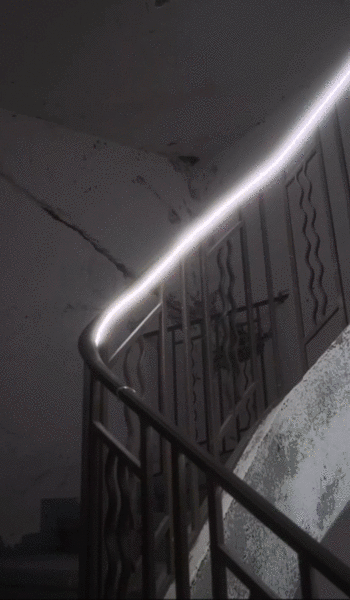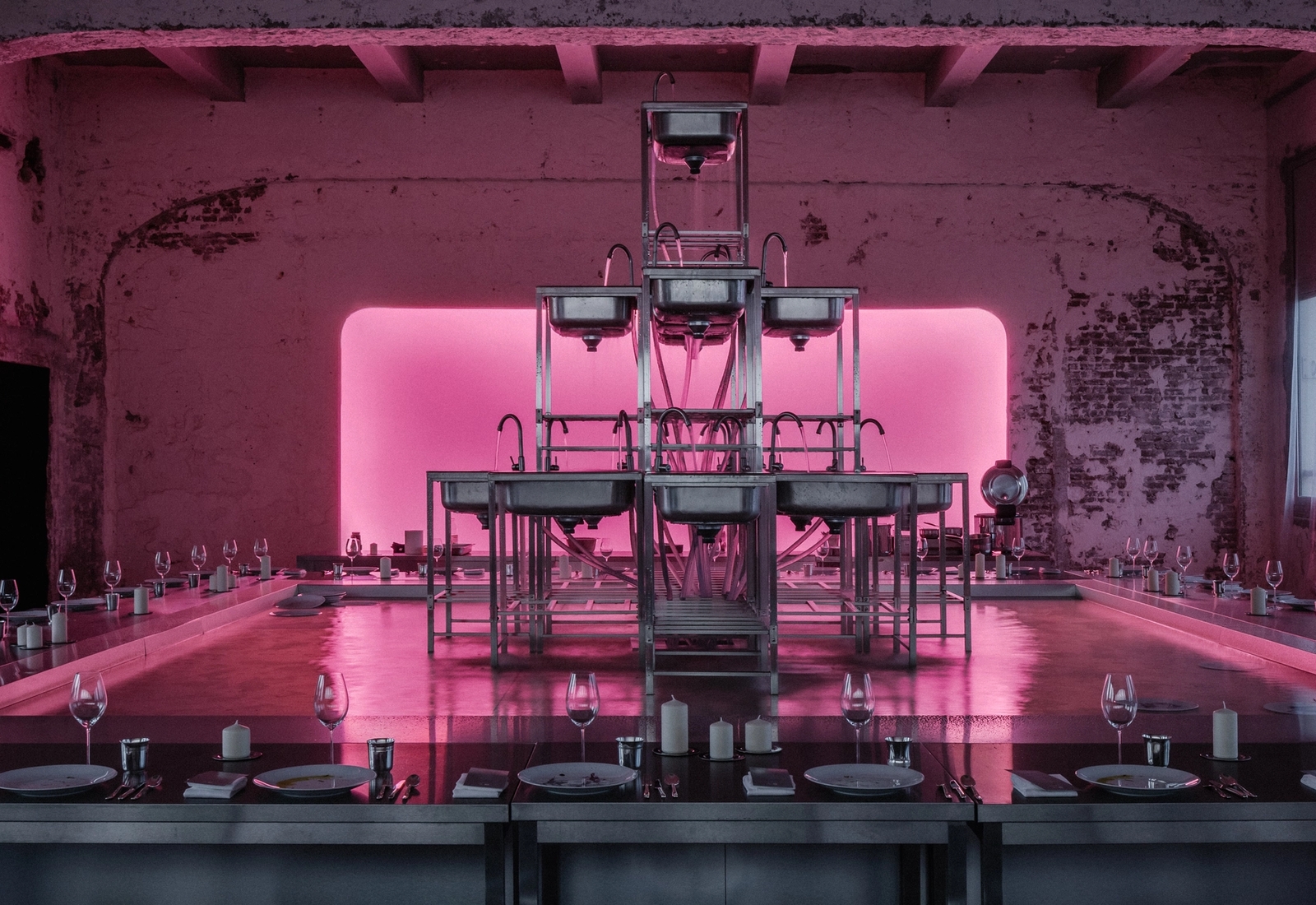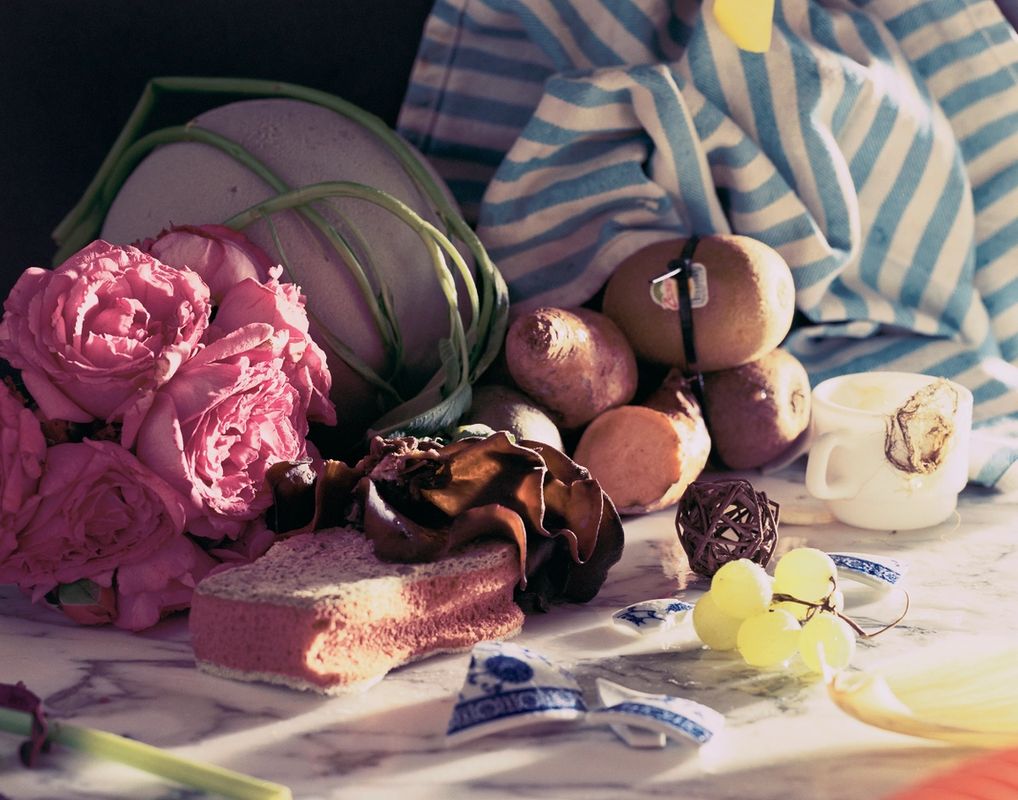We Are Ona x Crosby Studios and their dirty dishes
'We Are Ona' is a creative studio crafting culinary pop-ups worldwide. Founded by former Noma sommelier Luca Pronzato in 2019, it challenges traditional fine dining norms through an innovative interdisciplinary approach that merges food, art, community and design. For their latest event within the walls of Paris Internationale, We Are Ona collaborated with artist and architect Harry Nuriev and Thai chef Dalad Kambhu to create a distinctive fusion of avant-garde design and culinary creativity.
We sat down with We Are Ona founder Luca Pronzato and design visionary Harry Nuriev to unpack the inspirations and aspirations behind the endeavor.
Novembre: You recently collaborated on a restaurant pop up in Paris – featuring stainless steel kitchen islands and a tower of sinks turned into a fountain. What was the idea behind the project?
Harry: This project holds multiple different meanings for us. The first concept originated from the idea of “dirty dishes”.
Unlike the traditional food images you see on Instagram, I like to take photos of my food after I finish it.
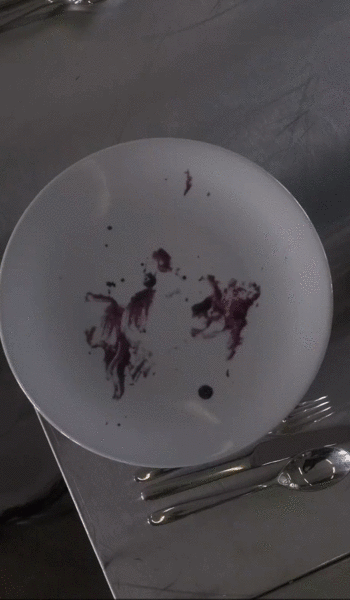
I find beauty in capturing the remnants of a finished dish, showcasing the diner's personal interaction with the meal. When Luca approached me for this project, this concept immediately came to mind, and we decided to build the pop-up around it.
The second aspect focuses on the kitchen environment and the people who work in it. A diner might spend an hour enjoying their meal, but the chef starts their day early, selecting ingredients from the market and spending countless hours on their feet preparing dishes. We wanted to bring this behind-the-scenes world to the forefront, allowing people to immerse themselves in the chef's environment.
This is not a chef's table experience; it’s an authentic look into a working kitchen.
Lastly, we wanted to pay tribute to the lowest position in a kitchen’s hierarchy: the dishwashers. Through the special fountain installation, we wanted to highlight their role as a significant starting point in many culinary careers – including Luca’s.
Luca: Absolutely. This project is a celebration of the entire culinary process, from preparation to the final dish, and even the cleaning up afterward.
We wanted to shine a light on all these aspects, especially those that are usually hidden from the diner's view.
As Harry mentioned, this project is deeply personal for me. I began my career as a dishwasher and worked in prep kitchens. So the idea of honoring both the dirty dishes and the dishwashers immediately resonated with me. During our pop-up experiences, we wash between 400 to 600 plates per service. This highlights the importance of dishwashers in our operations. A 10-course menu takes hours of work before and after, while it is consumed relatively quickly. This project pays homage to the hardworking individuals in the hospitality and restaurant industry. We wanted to breathe new life into this process, make the whole chain visible.
With the help of Crosby Studios and We Are Ona, Harry designed a fountain made of 15 small sinks, where “dirty dishes” floated. Guests could even eat from these dishes. On the top floor, we've recreated a back kitchen area where guests can dine and experience the atmosphere of a prep kitchen – it is actually the functioning prep kitchen where we designed our menu.
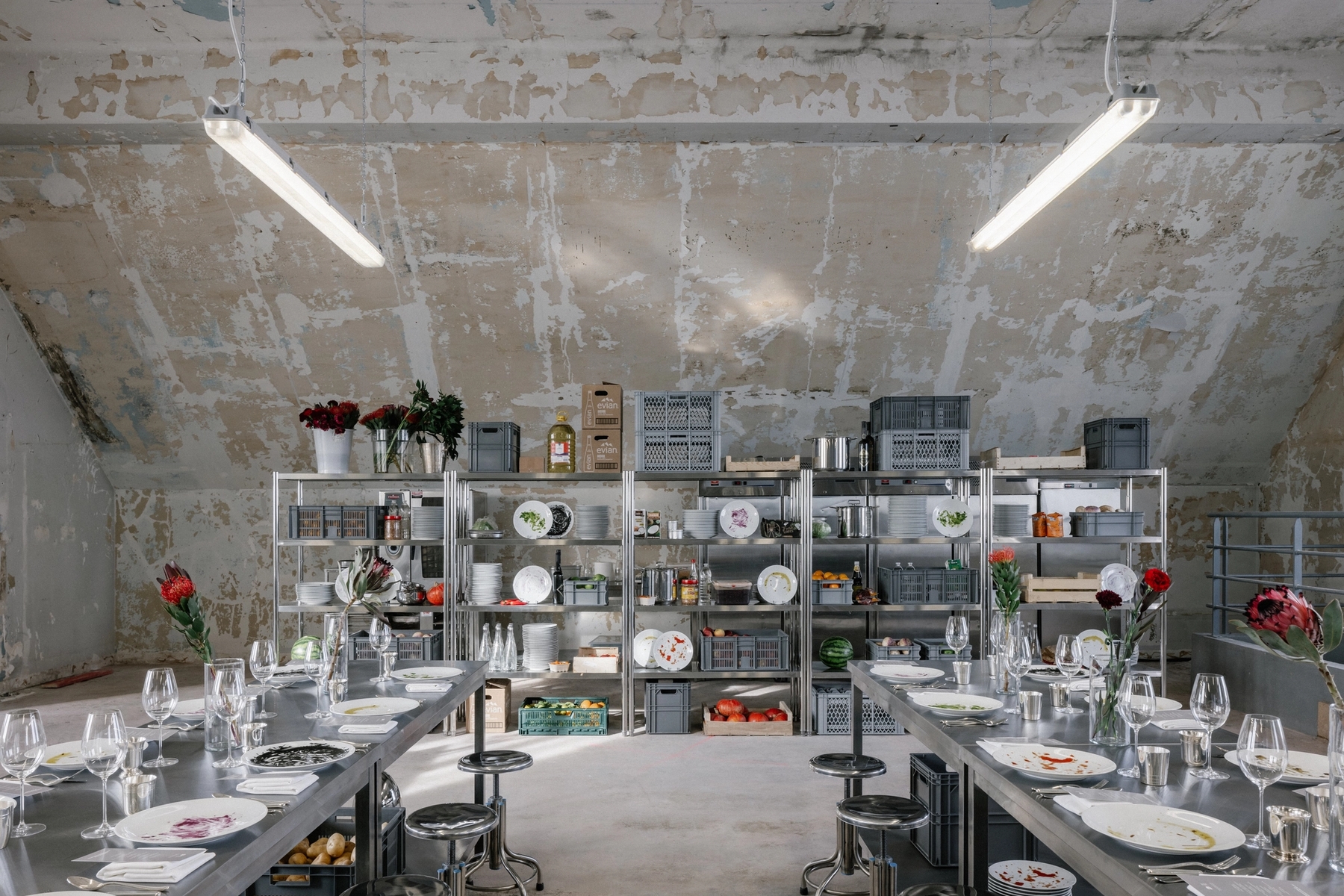
Could you explain how this vision translates into the culinary concept? Who is cooking, and what kind of dishes are being served?
Luca: Reflecting on how to bring the 'dirty dishes' concept to life, Harry mentioned his preference for photographing finished dishes. This inspired us to create an experience centered around Dalat Kumbu, the first female chef from Thailand to be awarded a Michelin star.
We wanted guests to engage with the food, encouraging them to plate their own dishes onto the nine unique 'dirty dishes' that Harry created. This approach promotes a shared dining experience, different from the conventional one-dish-per-person setting.

How did you go about creating the dirty dishes?
Harry: We just ate our food, photographed it, printed the image, and then transferred it onto traditional restaurant plates—the kind you might picture when thinking of a restaurant setting.
What role does food play in your personal versus your professional life?
Luca: Harry and I have similar eating habits.
I can finish a meal in just a minute or two but that’s because I truly enjoy it.
My approach with We Are Ona exemplifies how travel and exposure to various food cultures have profoundly influenced my life, continually inspiring and elevating my creative pursuits. Instead of establishing a single restaurant, we aim to connect with communities worldwide, creating dining experiences that reflect the diversity of global cultures.
This philosophy is mirrored in our pop-up experiences, where we collaborate with chefs from various backgrounds, bringing their unique culinary influences to new locations. For instance, in another event with Harry and Crosby Studios, we hosted chef Mory Sacko for his first cooking event in the U.S. He showcased a blend of Japanese, African, and French influences in New York. Following that, we worked with Dalad Khambu in Paris, who introduced Thai flavors while incorporating French ingredients.
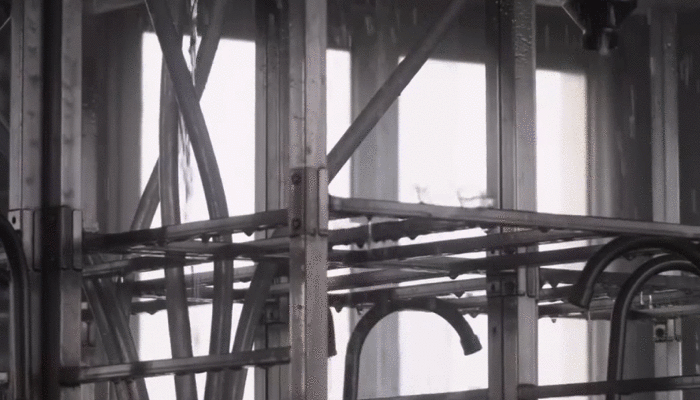
Do you think the industry is moving towards more fluidity, with chefs switching between locations and experimenting with different cuisines?
Luca: Yes, I very much think so. But it’s important to note that traditional and pop-up restaurants complement each other, creating a symbiotic relationship. Established chefs can benefit from the dynamic nature of pop-ups, challenging themselves and stepping out of their comfort zones. This shift enhances the overall culinary experience for guests, as seen with Dalal adapting her menu to French ingredients for our one-week pop-up in Paris.
Harry, working in this interdisciplinary manner around a culinary space must have been a unique experience. What’s your personal connection to food?
Harry: For me, the role of a plate of food and all things related, obviously stems from my background in art and design. My dream has always been to transform an entire environment around the plate.
I don't meddle with the plate itself, but rather, I aim to create a unique experience surrounding it.
I believe people can have vastly different experiences with food that may have little to do with money or ingredients. You can feel more at ease eating pizza on a sidewalk after a night at the club than you might feel in the most luxurious restaurant sitting on a soft leather sofa. And this has nothing to do with lighting or surfaces; it’s all about the magical synergy between environment, concept, and the people behind it all. In any space, not just in hospitality, my job is to create this unique feeling. Working with Luca is enjoyable because he is incredibly open-minded and one of the most innovative people in the industry worldwide. He thinks differently, takes risks, and challenges both me and the chefs. I believe this is the future of our field.
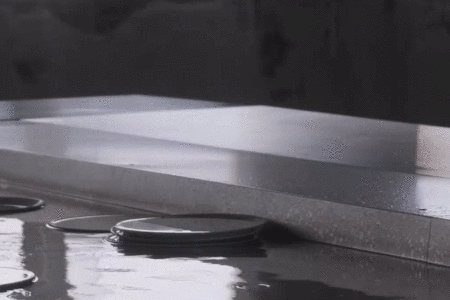
What future collaborations would excite you?
Harry:
I’ve always been fascinated by the movie industry and the idea of creating scenography or taking on an art direction role.
But I've intentionally kept my distance from this field until now because I wanted to maintain a fresh perspective until the right project comes along. Currently, I am involved in a project with the Ministry of Culture of France and their collection of furniture that is currently on display in their museum in Paris. This project has been a significant challenge, similar to my work with Luca, where we engage in dialogue with the history of French design and art and explore ways to transform it for the future. It’s a sneak peek into the next step of my body of work and I’m very excited about it.
What was a culinary experience that stuck with you?
Harry A very recent memorable culinary experience was the Thai fruit salad made by Dalad in Paris.
